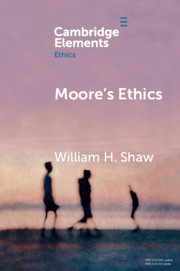Governments around the world have sought to promote school choice, not just in order to improve educational outcomes, but also because such choice is believed to be intrinsically valuable: parents are believed to want to choice and to feel empowered by it. This article empirically evaluates the intrinsic value of school choice, comparing the attitudes and experiences of parents in England (where expanding choice is an explicit policy goal) and Scotland (where policymakers tend to play down choice), combining an online survey with in-depth interviews. While the overwhelming majority of parents in both countries express a desire for some school choice, only a minority want choice primarily for intrinsic reasons. Rather, most believe it is necessary to avoid negative outcomes for their children. Moreover, while parents in England tend to say they have more choice than their Scottish counterparts, they are no more satisfied with the level of choice that they have. Indeed, they tend to be more cynical, fatalistic and disempowered. Based on the British experience, school choice policies have not been successful in promoting intrinsic value.
